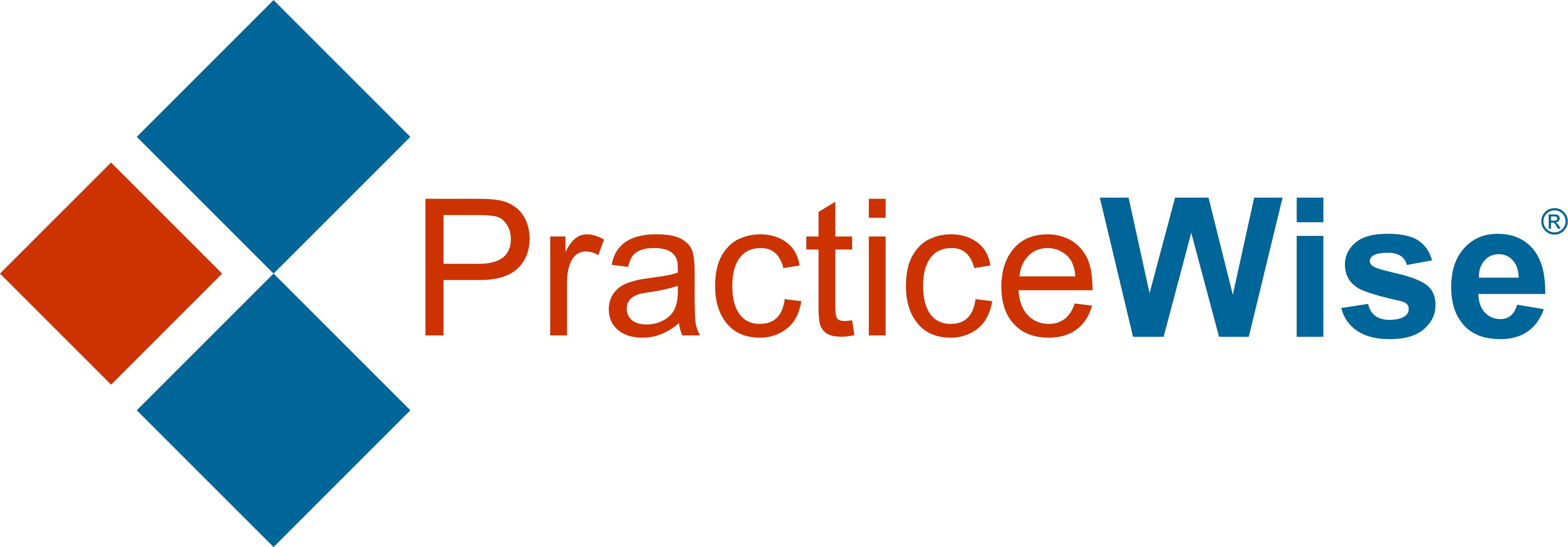Students obtain marketable skills, faculty boosts collaboration
Customer Profile
The University of Southern California Suzanne Dworak-Peck School of Social Work (USC-SDPSSW) is recognized as one of the most innovative social work programs in the nation. Their research and teaching environment is vibrant, interdisciplinary, and highly supported. USC-SDPSSW provides educational leadership in areas including behavioral health, child and family systems, social work, serious mental illness, military health, and policy transformation.
Customer Challenge
- Large university social work program looking to revamp curriculum
- Wanted to incorporate a more scientific approach that embraced new knowledge and practice methods
- Wanted to provide students with practical skills that would make them more marketable
Highlights of Results
- Expansive curriculum reform achieved within a large social work graduate program
- MAP represented an innovative approach to reconceptualizing social work education
- First schoolwide implementation of MAP as a required component in a social work curriculum
- Students obtained knowledge and skills to address a wide variety of behavioral health issues
- Students found the model useful and easy to understand
- Students valued the clinical resources from PracticeWise
- Students appreciated the ability to earn credits toward their MAP credentialing
- Faculty members increased collaboration and shared knowledge
“Incorporating MAP into our curriculum has allowed students to become proficient with a concrete, evidence-informed toolkit, thereby diversifying their interventions with clients and increasing their clinical confidence.”
– Lily Ross, LCSW, Senior Lecturer, Dept. of Children, Youth and Families,
Suzanne Dworak-Peck School of Social Work, University of Southern California
USC Sets Sights on Revamping Curriculum
USC-SDPSSW was looking to update and reform their curriculum to include a strong grounding in science, particularly for effective evidence-based interventions for the treatment of behavioral health issues.
USC-SDPSSW’s Department of Children, Youth and Families (DCYF) set forth a goal to create a curriculum that adhered to the social work perspective of social justice, gave students skills to operate at micro- and macro- levels of practice, included courses that built on each other, had a strong empirical base, and ensured students would have the knowledge and skills to make them highly marketable after graduation.
MAP Identified as Ideal Platform
The Los Angeles County Department of Mental Health had already successfully adopted MAP as one of its approved evidence-based practices for service delivery. The widespread implementation of MAP across the county – where many USC graduates seek employment – was viewed as another significant advantage. With input from the curriculum design team, DCYF made the decision to move forward with MAP. Their consensus was that MAP would be an ideal way to train students in the concept of using evidence to inform practice, giving them a platform for clinical decision making and for systematically tracking intervention efforts with client progress measured by standardized scales.
Once funding was approved, the design team made MAP part of the curriculum for multiple courses related to child and family practice.
About MAP
Managing and Adapting Practice (MAP) was created to address two key challenges in modern behavioral healthcare – improving quality of care and clinical outcomes. MAP provides a toolkit for quality improvement that brings evidence-based decision making into all aspects of clinical care while organizing knowledge to enhance the collaboration between science and service. This evidence informed framework and suite of tools guides the delivery, supervision, consultation, and quality management of mental health services for children and adolescents. It disaggregates the components of successful evidence-based treatments (EBTs) and pairs them with evidence-informed decision tools delivered in formats designed to meet the needs of providers and families. Read more about MAP here.
“The addition of MAP into our curriculum has been a unique opportunity for faculty teaching up-and-coming social workers an evidence-informed framework for clinical practice. Not only has it strengthened our curricular activities, but more importantly, graduates confirm that receiving MAP training contributed to their success in obtaining their first post-MSW job.”
– Julie A. Cederbaum, PhD, MSW, MPH, Associate Professor,
Suzanne Dworak-Peck School of Social Work, University of Southern California
Faculty Receives MAP Training, Shares Knowledge
Faculty training, conducted by master trainers from PracticeWise, occurred over a two-day period in May 2016. Training sessions were held on campus and also streamed live to allow faculty from the Virtual Academic Center to attend.
Throughout this process, PracticeWise provided ongoing support and consultation. For example, PracticeWise conducted a follow-up booster session in July 2016 to support knowledge-sharing and provide a forum to discuss implementation questions and issues and to share successful implementation strategies.
Faculty Prepares for Infusion of MAP into Curriculum
Immediately after the training, faculty began meeting to coordinate infusion of MAP into the curriculum.
Subsequent activities included development of training materials specifically geared toward students, such as vignettes and other customized content. Faculty also recognized they would need to teach students how to adapt the Practice Guides and other standard MAP resources.
This implementation was a team effort that created an opportunity for the varied strengths and skills of faculty from different lines (tenure, clinical teaching, and field) to be showcased. Opportunities to work collectively, to share knowledge and skills, and to better support one another was an unintended yet very positive outcome that created cohesion in the department and created a more collaborative and supportive environment that ultimately resulted in greater success of faculty and students.
Quick PracticeWise Facts
- 24,000+ PracticeWise users worldwide
- 5,100+ MAP Therapists trained/credentialed
- 230+ MAP Agency Supervisors trained/credentialed
- 130+ MAP Instructors trained/credentialed
- 1,000+ articles/papers coded in PWEBS database
- 300+ registered faculty accounts nationwide
- Nearly 300 client organizations/agency partners
“Learning about MAP as a MSW student gave me a good foundation for providing therapy to clients during my internship. Being familiar with the Practice Guides and knowing which one to use has been especially helpful. With MAP training and MAP certification on my resume, I know I have a big advantage as I pursue my first full-time position after graduation.”
– Vanessa Sedano, MSW Candidate 2019,
Suzanne Dworak-Peck School of Social Work, University of Southern California
Students Engage with MAP
Having established MAP as a requirement for all second-year DCYF students, and with preparations for incorporating MAP into the curriculum complete, implementation with students began in the fall of 2016.
After completing rigorous preparations, faculty members succeeded in training all students on the full MAP curriculum. This training provided students with solid, practical clinical skills.
Students were excited about the new framework and clinical tools they learned. They readily envisioned how they could apply their new skills with clients and saw how this training would be advantageous in their future careers, particularly since MAP is widely recognized and implemented by agencies throughout Los Angeles County.
In its first year, MAP was successfully implemented with 250 second-year social work students who graduated with all but the 12 supervised clinical hours needed to become credentialed as MAP Therapists. Since then, MAP continues to be part of the curriculum and has been implemented with over 200 second-year students each year.
Conclusions
- Students acquired knowledge and skills to intervene on a diverse array of issues that commonly bring children and families into clinical care
- Students were excited and engaged with the program
- Faculty developed customized course materials and worked to garner widespread support for the initiative to implement MAP
- Collaboration among faculty members increased
- Using MAP as a core component to teach social work practice for children and families helped USC-SDPSSW attain their goal of ensuring that clinical practice is rooted in empirical evidence
- MAP continues to be a cornerstone of the DCYF curriculum
For more information, please see: Ferol E. Mennen, Julie Cederbaum, Bruce F. Chorpita, Kimberly Becker, Omar Lopez & Michal Sela-Amit (2018) The Large-Scale Implementation of Evidence-Informed Practice Into a Specialized MSW Curriculum, Journal of Social Work Education, 54:sup1, S56-S64, DOI: 10.1080/10437797.2018.1434440



